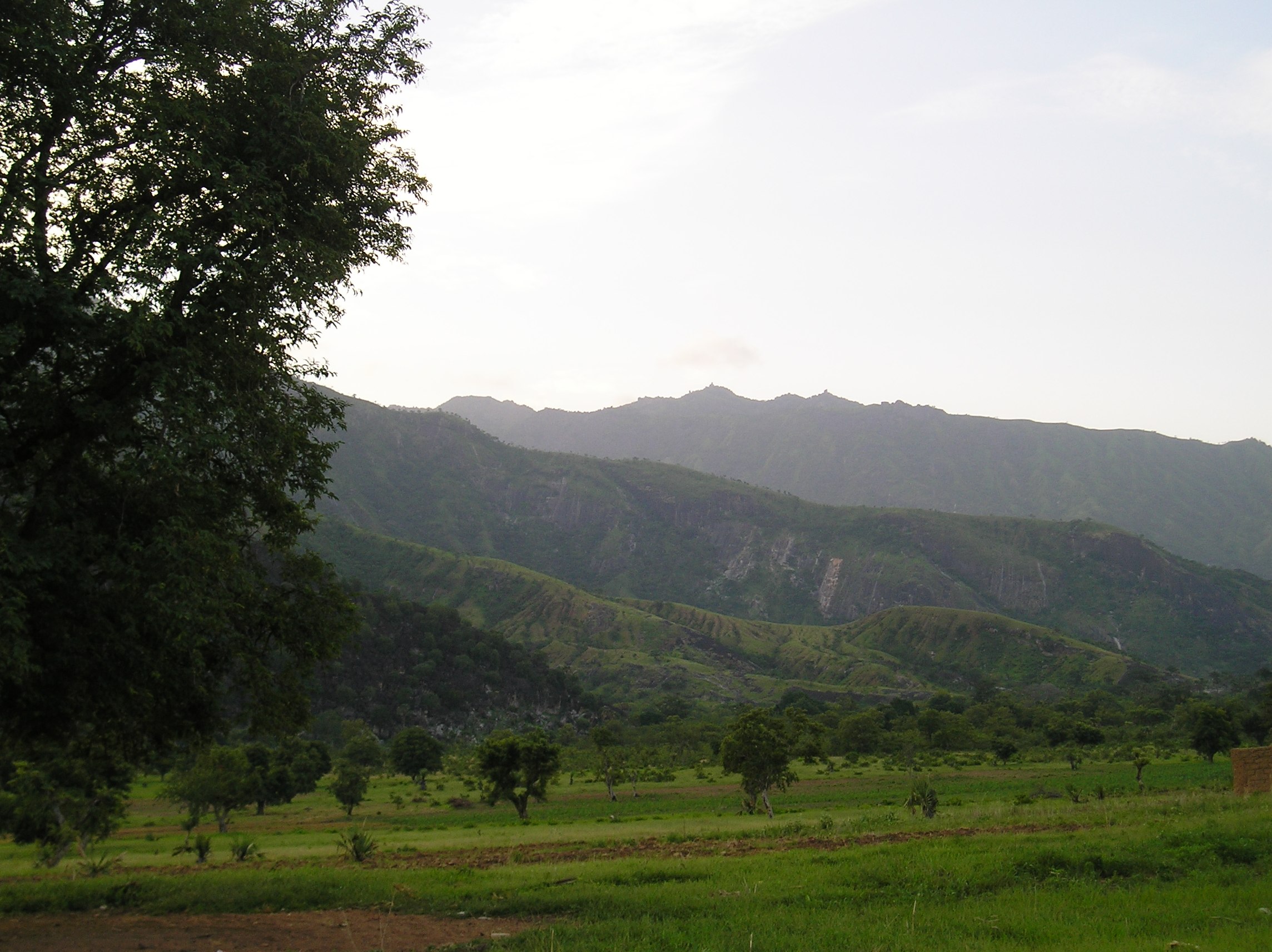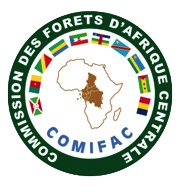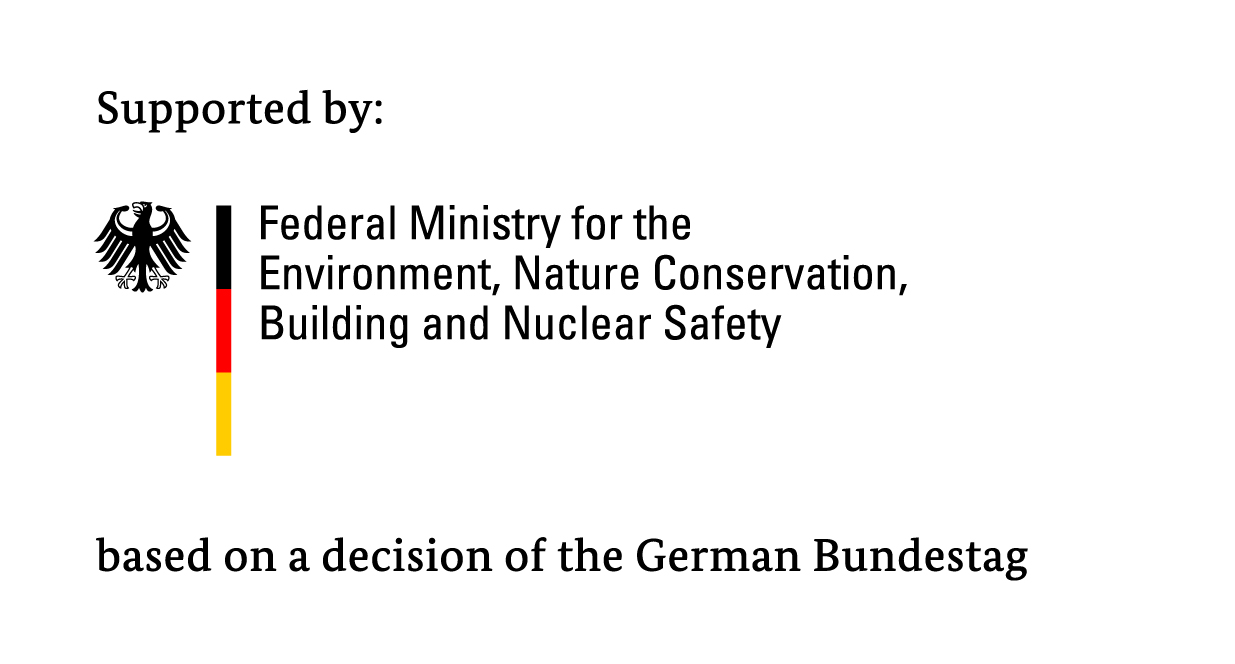
Series of REDD-PAC workshops in the Congo Basin with local experts.

The REDD-PAC team organized a series of workshops and meetings in Cameroon, Republic of Congo and Democratic Republic of Congo (DRC).
The first event was a 3-day interactive policy workshop is organized in Douala, Cameroon, on October 8-10. It gathered climate and CBD focal points from COMIFACís 10 member countries, REDD+ national coordinators and representatives of development partners. The workshop represented one of the first steps in building relevant REDD+ policy scenarios for the Congo Basin.The objective was to (i) acquaint stakeholders with the modeling approach used in the project to assess policies, (ii) review the land-use policies currently implemented or under discussion, (iii) investigate how REDD+ could be integrated into the current policy framework.
On October 7 and October 11-12, in the framework of the REDD-PAC school, a part of the team trained the four national scientists recruited in the pilot countries of the project (Central African Republic, Cameroon, Republic of Congo, and Democratic Republic of Congo). The REDD-PAC school is a component of the REDD-PAC project aiming at developing technical know-how and capacity in land-use modeling and scenario assessment, using IIASAís GLOBIOM model.
On October 2-4 and October 14-17, a REDD-PAC delegation travelled to Yaounde (Cameroon), Brazzaville (Republic of Congo) and Kinshasa (DRC) to meet experts in REDD+, agriculture, forestry, biodiversity, and mining, and start building a network of resource persons at the national level. They presented the project and validated some of the input data used for the modeling.

International Institute for Applied Systems Analysis

National Institute for Space Research - Brazil

Commission des forets d'Afrique Centrale/Central African Forests Commission

United Nations Environment Programme World Conservation Monitoring Centre

Instituto de Pesquisa Econômica Aplicada

Germany International Climate Initiative
